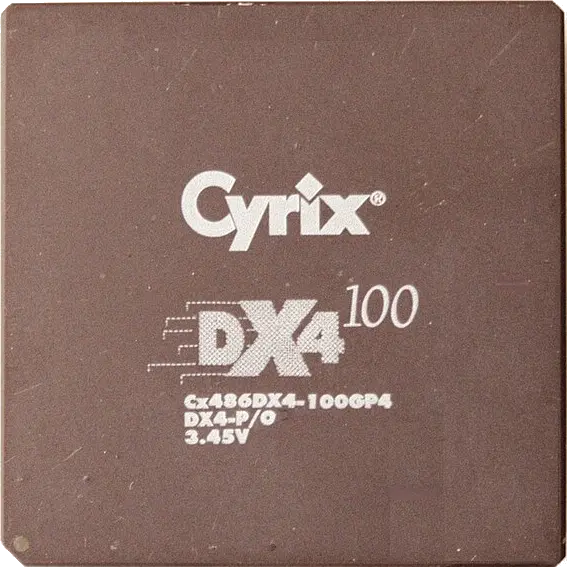- cross-posted to:
- [email protected]
- [email protected]
- cross-posted to:
- [email protected]
- [email protected]
Interesting how it’s phrased as a bad thing. Article was probably sponsored by Big Coal.
Whole of Australia is sponsored by coal
To be fair, WA by “natural” gas… /s
Unfortunately it is a problem that needs solving. Electricity needs to be used as it is produced and if its not, it will be a problem. Where i live, the de facto solution today is to heat the oceans. That’s not a viable long term solution and why we urgently need to find a way to store energy!
While that is true for power plants with spinning turbines, it isn’t true for solar power. There is no issue at all when you don’t consume all the energy that a solar panel could produce.
Please expand! Why is this not an issue with solar?
With spinning turbines, the issue is, that you need to maintain a constant speed of the turbine at all times. That rotation speed directly correlates with the mains frequency of the attached generator. That’s either 50 or 60 Hz depending on where you live. If the load increases the frequency drops and the turbine speed decreases, when the load decreases, the opposite happens. The people maintaining the grid have to make sure load and supply are in balance to keep the frequency stable and the trubines within their operating parameters.
Compared to that, solar panels have none of these constraints. For one, they output DC voltage not AC, and secondly they don’t mind at all when there is no or very little load. The DC voltage is electronically converted to AC by an inverter. Such an inverter synchronizes its frequency with the frequency of the power grid. So you can easily simply disconnect solar panels when there is too little demand without any issue. You can’t easily do the same with a power plant with a turbine. If you were to remove the load from a turbine, you could actually destroy it, if you are not very careful.
Can solar panels not be turned off? I see panels that aren’t plugged into anything and they don’t exactly blow up. Can’t they just be turned off when storage reaches a certain capacity?
Due to the other comment below, i spoke with the guys that run our panels and they answered “well, in theory…”
I’m guessing here, but it might be an issue with the controllers, or that the idea of turning them off is simply inconceivable (why would I turn mine off and let others make money), or something else. But it doesn’t seem like standard practice.
or that the idea of turning them off is simply inconceivable (why would I turn mine off and let others make money)
If that’s the issue, it seems like time-of-use rates or smart metering could be an easy solution. If the price of electricity were negative during periods of oversupply, I bet people would figure out how to disconnect their solar panels pretty quickly. This pricing model would simultaneously incentivize energy storage projects.
Unfortunately it is a problem that needs solving.
New V2G will help, take it up through the day,. some discharge at night.
And this could be actioned
There’s solutions that are kinda okay. For example, hot climates molten salt battery farms are becoming viable, and a big one is now in Australia. We need more battery farms, preferably not made it of lithium or other heavy metals that overheat and blow up. Molten salt batteries don’t explode and last a long time, but need to be several hundred degrees to work and are insulated to keep heat in. If they fail they just cool down. If the place shuts down and cools off then they just need to heat them back up and are back in business.
Part of the solution to that is to use waste heat. If they incorporated them into existing power plants, factories, data centers, etc. then that waste heat is put to good use.
Interesting! Is the idea to use excess electricity to heat the sand and then reproduce power via Steam turbine? Any idea how the heat is extracted ?
I’ve heard of a similar plant, but that used mirrors to heat up the sand directly, rather than using it as a way to use excess electricity.
Same idea, different material is thermal storage in sand.
if it’s* not
This is a problem created by the suppliers who have kept jacking up prices. What else are people going to do? And the last few years they’ve upped the daily connection fee so you have to pay them regardless if you use energy or not.
Privatization was a huge mistake… thanks LNP.
This seems like a good problem to have, no? Just need some batteries or some interruptible industrial processes to absorb the excess.
Isn’t electricity in Australia still something like 40 cents a kilowatt hour?
Apparently not too much solar power to drop the prices a bit.
Depends on the state. I don’t think they vary by much though. In W.A. I paid 28.7 cents per kWh. Plus a daily supply charge of 102 cents per day.
Have also had a few hundred dollarbucks worth of credits this year from the state government.
That fucking doublespeak clickbait headline, straight out of goddamned Orwell.
Plug in more electrical devices!! Buy a wall powered vibrator!
I uh… I wouldn’t mind if they sent some of that struggle to my country, I think I could bear it.
Yes, I volunteer as tribute!
get the government to stop fuckin spiders, put a hybrid system on every house, job fuckin done, (i know it’s harder then that but is it really?)





